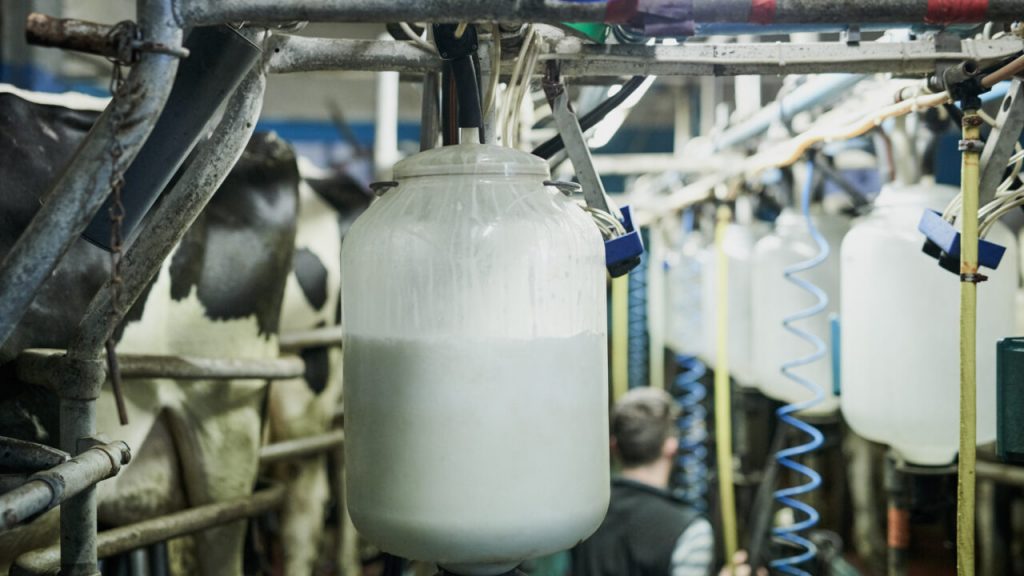
Although 98% of Irish adolescents consume dairy, only 4% meet the recommendations set out by the Department of Health’s dietary guidelines, according to a new report from the Irish Universities Nutrition Alliance (IUNA).
On average, teenagers were found to consume just under two servings of dairy per day, despite guidelines suggesting five daily servings from the food group for those aged nine to 18 years-old, with three servings recommended for other age groups.
Lead researcher on the study, Dr. Breige McNulty from University College Dublin (UCD) spoke about how “important” it is for teenagers to consume a balanced diet, at the Nutrition Society annual congress held in Belfast today (Wednesday, July 3).
Dr. McNulty said: “These nutrients are particularly important as we lay down our bone mass, with vitamin D needed to absorb calcium.”
Almost 500 delegates from across the UK and Ireland are attending the congress this week, and will discuss and present the latest research in nutrition science.
IUNA
The IUNA National Teens’ Nutrition Survey assessed food and nutrient intakes in 428 teenagers aged 13-18 years across the Republic of Ireland.
A sub-study was commissioned by the National Dairy Council (NDC) to further explore the contribution of the ‘milk, yogurt and cheese’ food group to the nutritional quality of Irish teenagers’ diets.
Lead researcher, Emma Kane said “Higher consumers of dairy had a significantly better-quality diet balancing all the necessary nutrients whilst having no difference in their body weight or BMI as compared to low dairy consuming teenagers.”
Among these, PhD candidate, Emma Kane, from the Institute of Food and Health at UCD will present recent findings.
More than half of those surveyed were found to have “inadequate intakes” of calcium, with 94% having inadequate vitamin D intake.
Dairy consumption was closely correlated with the intake of several important nutrients, and higher consumers of dairy were found to have an overall higher diet quality, compared to low consumers.
Adolescents
Dairy intake was identified as a major contributor to protein, fat, vitamin A, vitamin B2, vitamin B5, vitamin B12, calcium, iodine, zinc and phosphorous intakes.
No differences in body weight were observed between higher and lower consumers of dairy.
Intakes of fruit and vegetables were also low in this age group, while foods in what is considered “top shelf” of the food pyramid, such as biscuits, cakes and pastries accounted for 21% of the calorie intake.
The NDC stated that the findings highlighted a need to make healthier options “more convenient and appealing”.
It added that the he “versatility” of dairy foods makes it easier to include products in different meals across the day.
You can now read the most important #news on #eDairyNews #Whatsapp channels!!!
🇺🇸 eDairy News INGLÊS: https://whatsapp.com/channel/0029VaKsjzGDTkJyIN6hcP1K
























